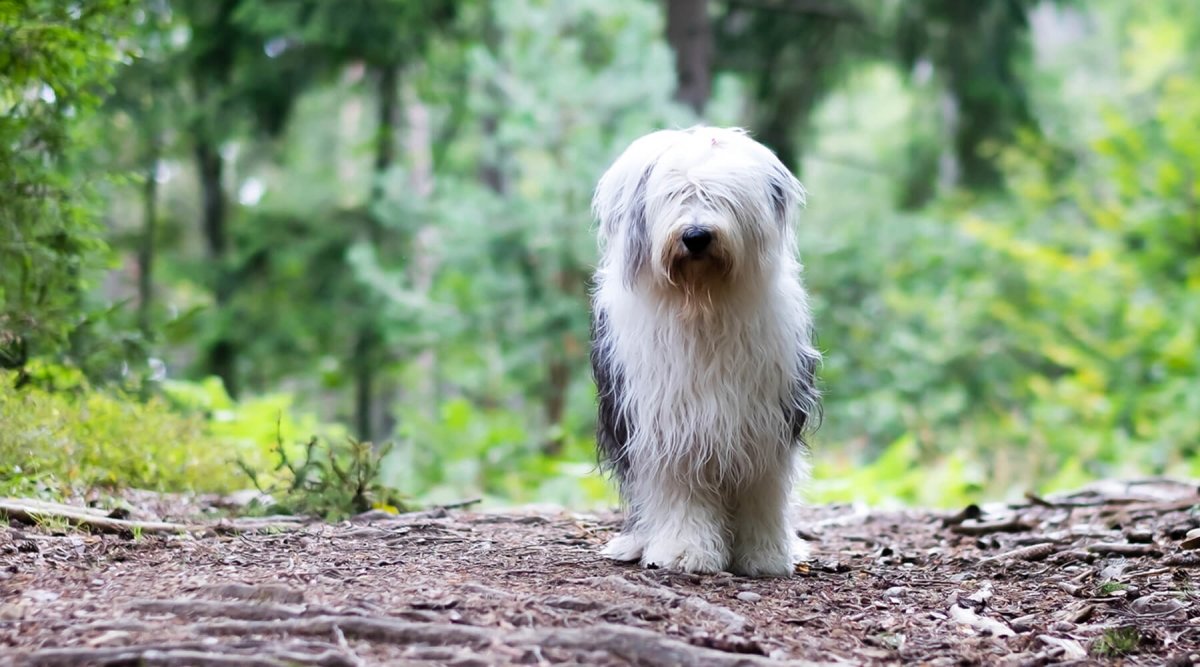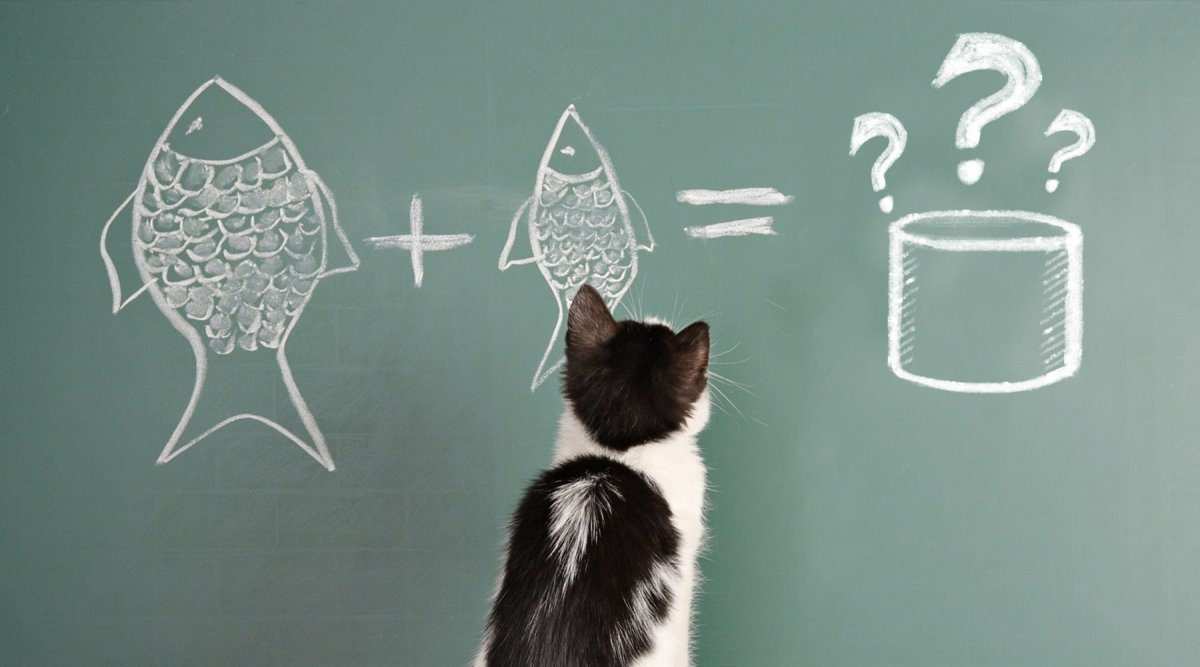As soon as the food is in the bowl, your dog gobbles it down greedily. Many dog owners are familiar with this situation and rightly worry about their four-legged friends, because eating quickly is also unhealthy for animals. But what can you do to make your dog take more time to eat? Our veterinary practitioner knows what to do.
Causes of dogs eating too quickly
There are various causes that can cause your four-legged friend to revert to its instinctive behavior of hasty eating:
First of all, gorging is a completely normal behavior in prey eaters, i.e. all animals that catch their food. They fill their stomachs to get as much as possible before other animals eat it away. They then regurgitate parts of the prey in a quiet place and chew it well again. This is usually followed by a long period of fasting during which they find no food. In nature, this innate behavior is vital. However, as your domestic dog is no longer a wolf, he will inevitably have problems with this form of food intake if he is forced to do so by various circumstances.
The actual reason for eating too quickly is usually due to the dog's living conditions. If the highlight of the day is when they are presented with a bowl, this moment is not savored, but enjoyed as quickly as possible. Dogs usually learn this behavior from animal shelters, but four-legged friends who otherwise know little distraction, for example because they are alone for long periods of the day, often get into the habit of hasty eating. Another or reinforcing cause can be food competition. If many puppies or dogs are kept together and fed from the same bowl, your pet will try not to miss out.
What are the consequences of hasty food intake for your dog?
The health consequences of eating too quickly can be very varied. Some animals have no consequences at all, while others develop serious problems. The following symptoms can occur due to gorging:
- Flatulence and cramps due to swallowed air.
- Stomach problems and hyperacidity, because hardly any saliva is produced when snaring (AniForte® elm bark and AniForte® MagenSanft have a supportive effect).
- Vomiting because the stomach cannot keep up and overloading occurs. The food enters the stomach in large chunks and requires more energy to digest.
- Bad teeth due to lack of chewing, bad mouth odor (AniForte® Denta Clean&Care can help).
- Overweight, as the dog becomes full more slowly and therefore often demands more food.
- The risk of gastric torsion increases because the stomach can bloat.
What can I do to make my dog eat more slowly?
A quiet place
Choose a quiet and undisturbed place to feed your four-legged friend. If there are no other dogs, cats, children or other people to disturb you, your pet can concentrate on his meal in peace.
The right bowl
Special anti-snack bowls are available to prevent your dog from snacking. For example, obstacles in the middle of the bowl make it difficult for your dog to eat quickly. Alternatively, you can also place a small bowl inside a large one to reduce the surface area of the bowl and prevent your dog from eating so much food at once. If you are raising several puppies, it is important to think about having enough bowls and to teach the small dogs that each one eats from its own bowl. This way you can avoid food competition or food aggression right from the start. Of course, the same applies to multi-dog households in general.
The right amount
Instead of giving a lot of food at once, it makes sense to introduce several small meals. Another important basic consideration when giving food is always the appropriate size of the pieces: a large dog should not be given pieces of food that are too small. Otherwise he will automatically eat faster than he should.
Reaching your goal through play
Many dog owners also find toys that help the dog to work towards its food more slowly helpful. This can be a Kong, for example, but search games in which the food is hidden are also a good idea.
No matter which method you use, it will be good for your four-legged friend. On the other hand, it is not advisable to punish your dog with food deprivation, as this causes him to gobble down his next meal all the more quickly.
We wish you a successful implementation of our eating tips for gourmets!



